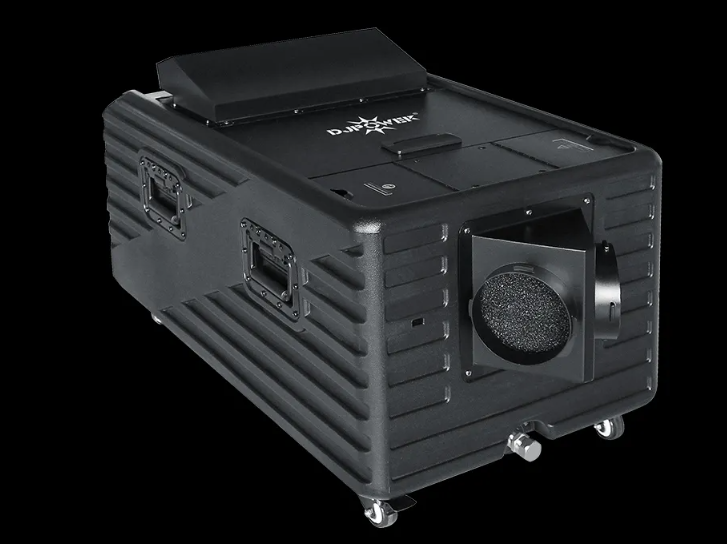How Is PTFE Fabric Made?
PTFE is polymerized from tetrafluoroethylene (TFE). In turn, TFE is created by combining fluorspar, hydrofluoric acid, and chloroform. To create TFE, these three components are combined under high temperatures through a process called pyrolysis. The resulting substance is in a gaseous form, and it is converted into a liquid under high pressure in low temperatures.
TFE is highly volatile, so it isn't commonly transported. Instead, most PTFE manufacturers make their own TFE on site. In the process of creating TFE, small amounts of a number of different chemicals, such as disuccinic acid and ammonium persulfate, may be used as initiators, and large amounts of water are also used in the PTFE production process.
Once TFE has been acquired, PTFE may be made in a variety of different ways, and most manufacturers of this type of fabric have production process trade secrets that they do not share. However, the various production processes used to make PTFE can all be sorted into to basic categories: suspension polymerization and dispersion polymerization.
How Is PTFE Fabric Used?
PTFE is used in a wide variety of applications. Nearly 50% of the world's PTFE is used in the computer industry because of its high dielectric strength. Since its first use on the Apollo missions, NASA has used PTFE on many different manned and unmanned space missions, and the substance is also used to make electrical wire insulation in extreme climates such as Antarctica.
Because of its low coefficient of friction, PTFE is also used in bearings, bushings, gears, seals and gaskets, and is often used in the aerospace industry to produce carbon fiber composites. PTFE's UV resistance makes it popular for outdoor industrial applications, and PTFE is also commonly used to coat the exterior of flexible building materials.
PTFE is used in many other industrial and scientific applications, but the environment where consumers are most often exposed to this polymer is in nonstick cookware. While Teflon is a registered trademark of DuPont, many other companies make similar coatings, and most types of cookware on the market today are coated with Teflon to make them easier to use and clean. teflon and similar substances are also used in a variety of applications such as gaming mice and 3D printers to help reduce friction.
General Instruction of PTFE Adhesive Tapes&Skived Tapes Application
We coated the silicone adhesives onto one side of the PTFE fabric, then we got the PTFE adhesive tapes. Here I list some most popular application circumustance environment of PTFE.
1. Sealing Machines
When the sealing machine works, some time the plastic bag sealer would stick to the heating knives, our consumers stick our PTFE adhesive tapes onto the heating knives, then the plastic bag won't stick to the knives or our tapes any more due to the non-stick feature. Moreover, the hight temperature resistance and heat conduction features are suitable for the sealing machine, it allows the normal working of machine.
2. Vaccum Packaging Machine
It is also used in the vaccum packaging machine knives, in the packaging process of food, medicine etc. It is similar with the usage in heat sealing machine.
3. Cloth Making Machine Knives
The specific is similar with the former 2 conditions, in all, it is used where the heat conduction, non-stick and high termperature are needed.
The PTFE adhesive tapes are more convenient than PTFE fabric in some conditions, since the single side is sticky, which save consumers time to fix the PTFE fabric. This this way, PTFE adhesive tapes can be applied under some circumustances where the PTFE fabric are applied, but the cost of the former is a little higher, but could also bring more convenience.
Compared with the PTFE adhesive tapes, PTFE skived film tapes are more thinner, softer, and with more flexibility and resistance to electric shock, in this way, the latter is usually in the electronic industries.
For more information and consultation, contact us here!




没有评论:
发表评论